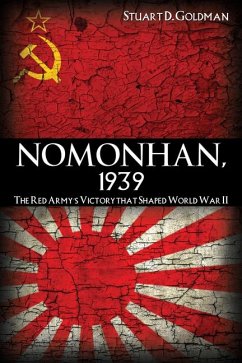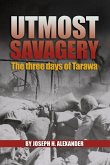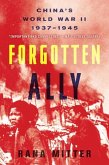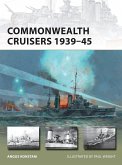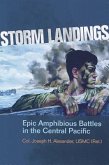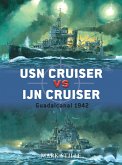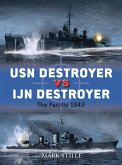Goldman convincingly argues that a little-known, but intense Soviet-Japanese conflict along the Manchurian- Mongolian frontier at Nomonhan influenced the outbreak of World War II and shaped the course of the war. He draws on Japanese, Soviet, and western sources to put the seemingly obscure conflict--actually a small undeclared war-- into its proper global geo-strategic perspective. Goldman not only demonstrates the linkage between the Nomonhan conflict, the German-Soviet Nonaggression Pact, and the outbreak of World War II, but also shows how the dfeat influenced Japan's decision to go to war with the United States and thus change the course of history. The book details Gen. Georgy Zhukov s brilliant victory at Nomonhan that led to his command of the Red Army in 1941 and his success in stopping the Germans at Moscow with reinforcements from the Soviet Far East. Such a strategy was possible, the author contends, only because of Japan s decision not to attack the Soviet Far East but to seize the oil-rich Dutch East Indies and attack Pearl Harbor instead.
Hinweis: Dieser Artikel kann nur an eine deutsche Lieferadresse ausgeliefert werden.
Hinweis: Dieser Artikel kann nur an eine deutsche Lieferadresse ausgeliefert werden.

